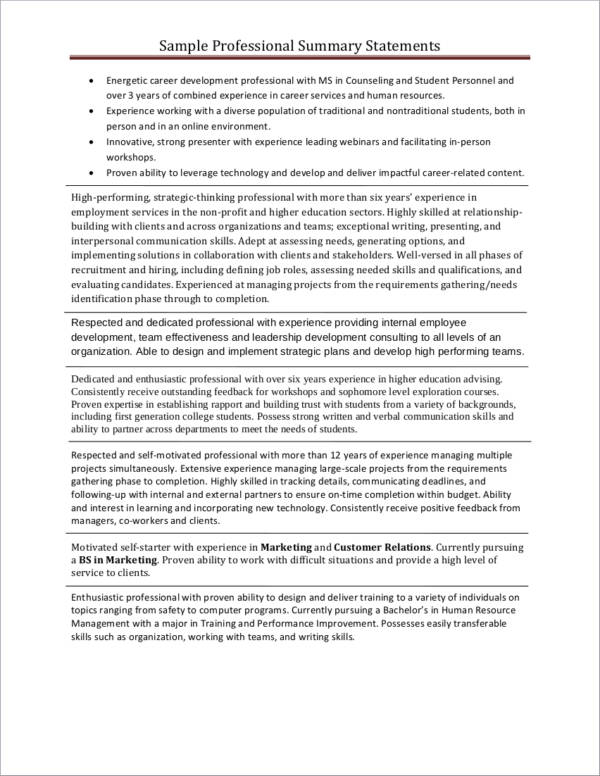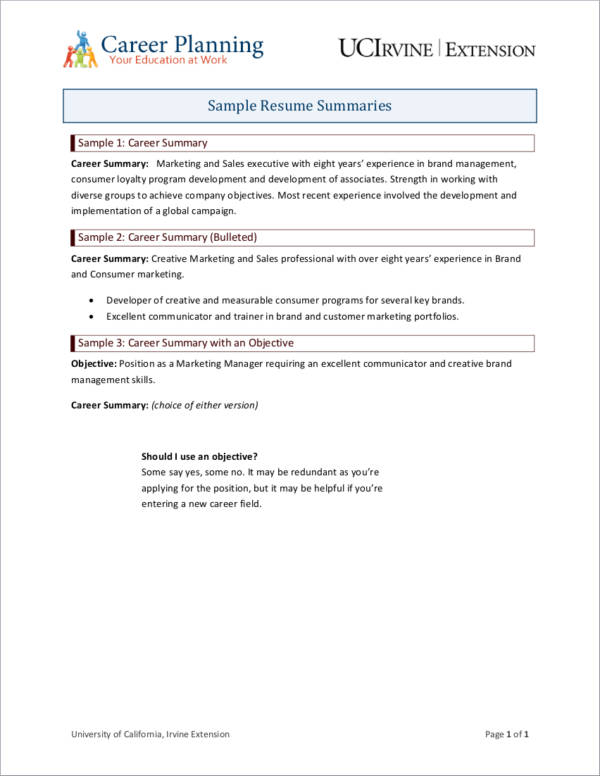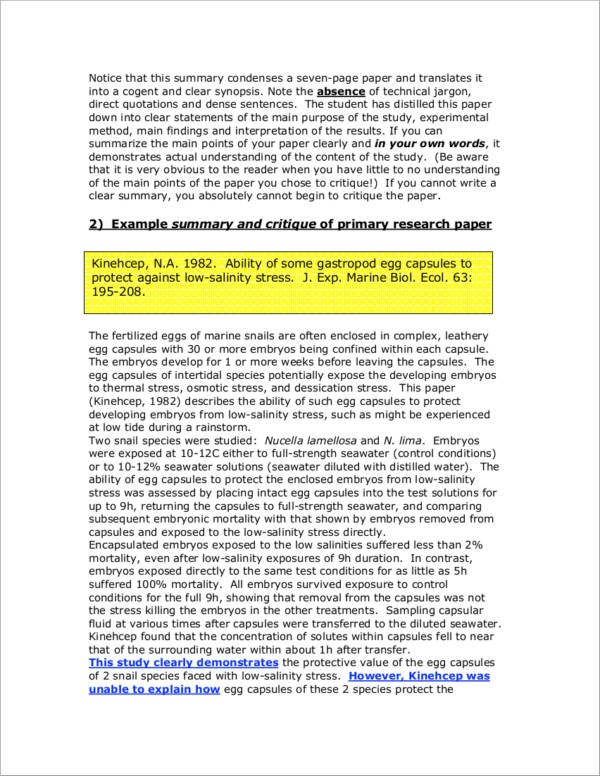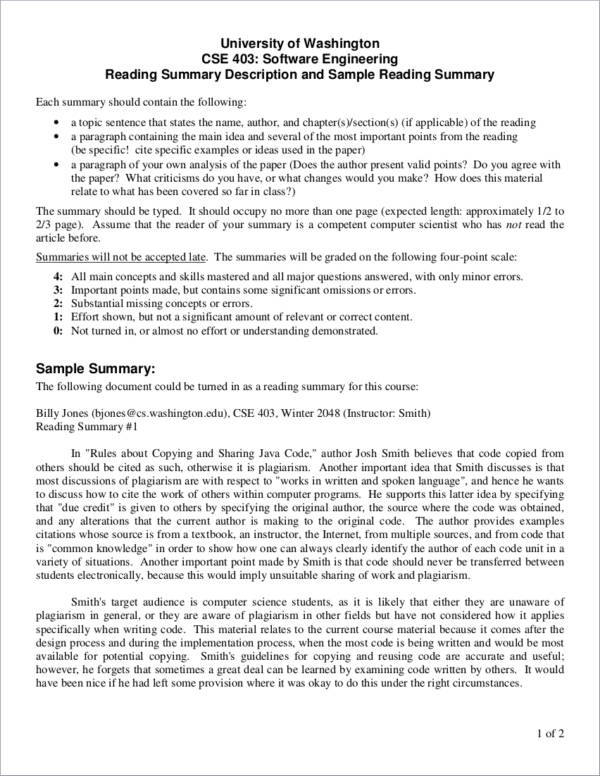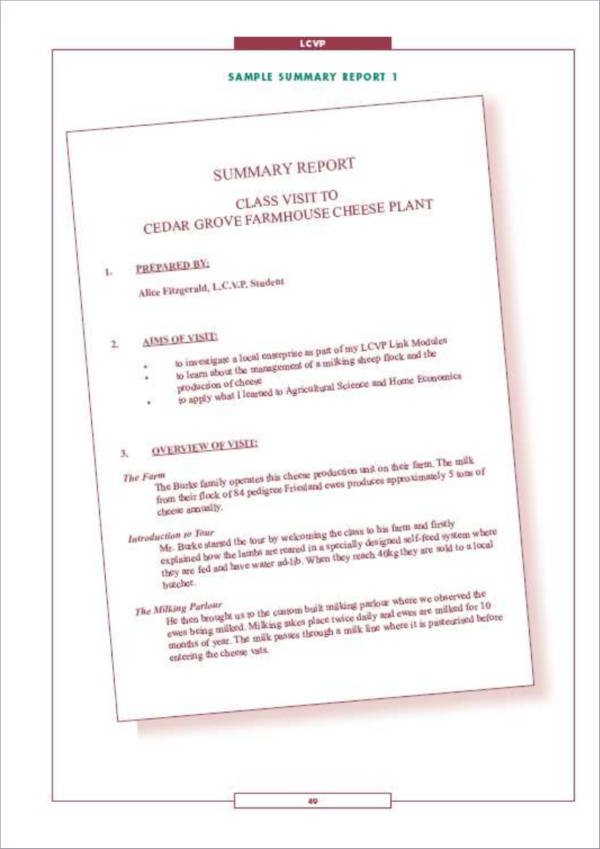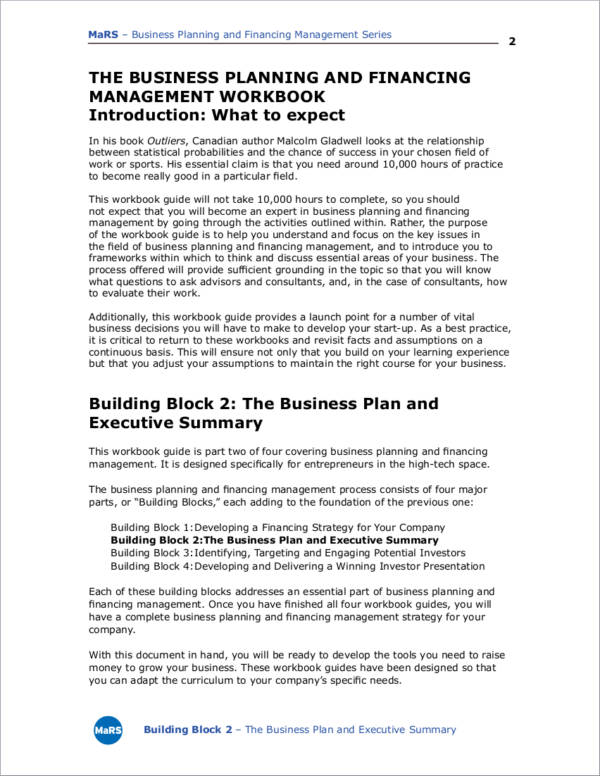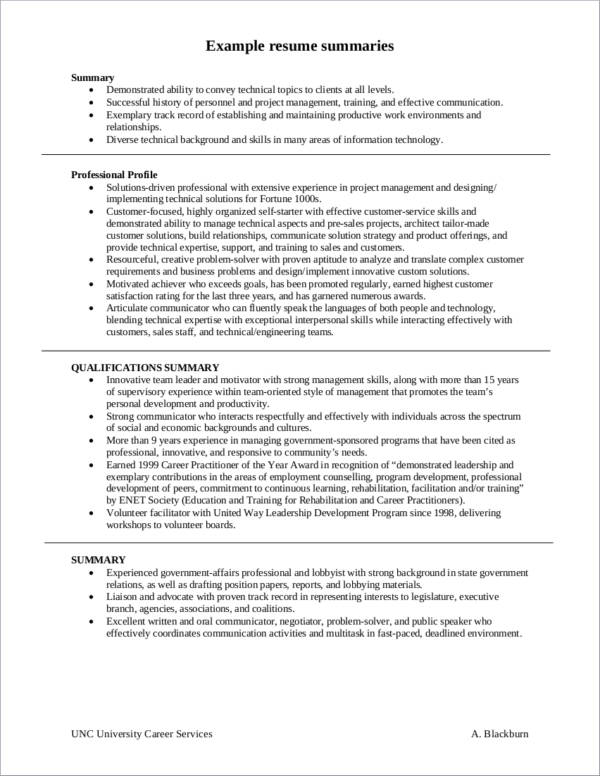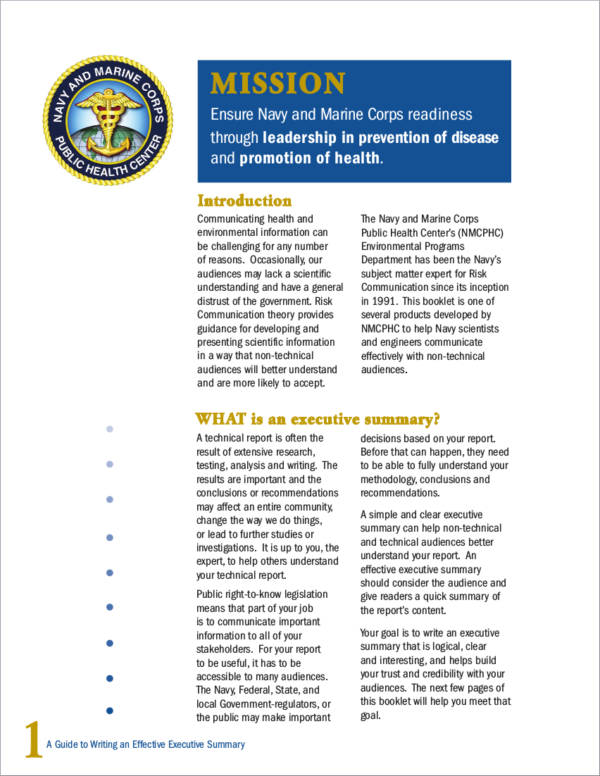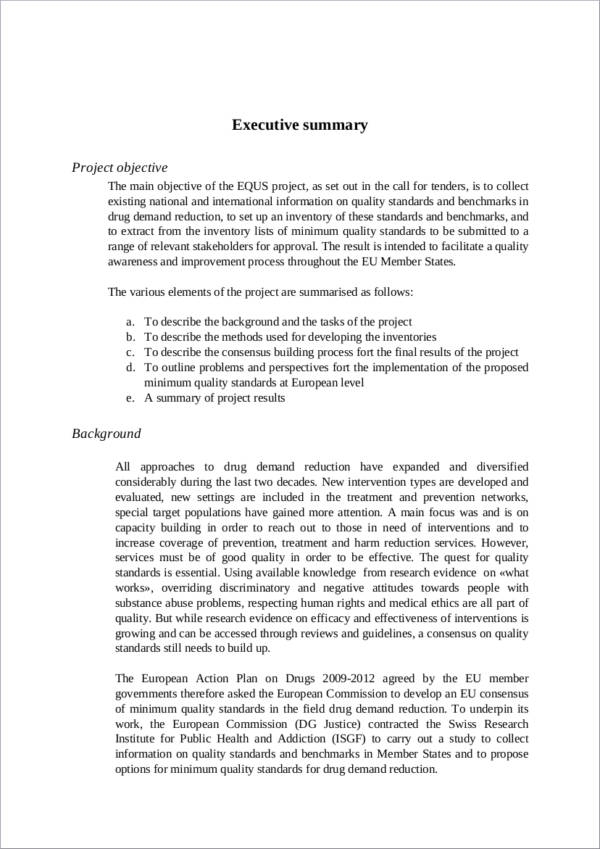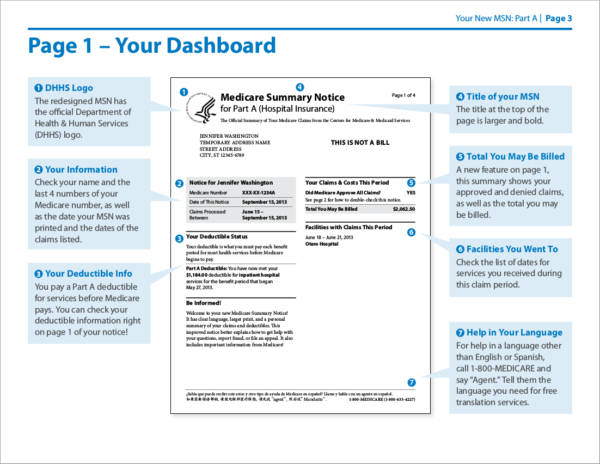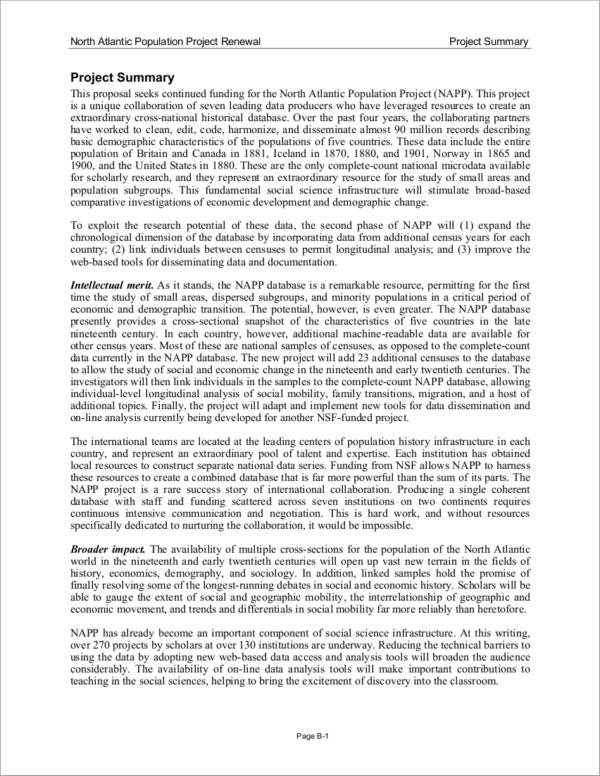I still remember the first time that my teacher had us write a summary of a book or story that we like to read. It could be any book or any story, even if it is not related to any subject in school, as long as we are able to produce a summary with a specific number of words that the teacher wants. The thought of reading something made me excited, but as soon as I got to the part where the word summary comes in, all the happy feelings leave my very being. What really is a summary?
- Free Writing Samples
- Writing Templates
A summary is a brief or short discussion of a bigger story or a larger reading. When summarizing, you don’t have to make a rewrite of the whole story or book you are reading. The important part in a summary is writing the main points that tell about what happened in the story and the main focus of the story. Only the important information and facts are written in a summary so that it be kept as brief but informational as possible, just like that in an article summary sample. Below are some useful summary samples that you can download and use as reference for writing your own summary.
Sample Professional Summary Statements
Sample Communicating Resume Summaries
Sample Summary of Primary Research Paper
Sample Course Description Summary
Sample Summary Report
Executive Summary Sample
What Should You Include in a Summary?
How is it possible to summarize a novel or a book? The story would really not make sense if you shorten a novel or a long story in a condensed version, not to mention if there is a limit to the number of words that you can write in it. Putting everything from the book or novel to a summary seems impossible, but it can be done. Here are the things that you should include in your summary in order to make it effective and understandable.
- The main characters or the important characters in the story. Every story has a hero and a villain. The names of both characters are essential in writing a summary as the story will usually revolve around both characters. Providing the names of these two characters will make it easier for you to write the summary and at the same time will make your summary easy to understand.
- The things that happened in the story. Aside from the main characters in the story, you should write about what really happened in the story. It does not have to be very detailed and should not be every event that you have read. All you need to include are the very highlight of the story and not exactly all of the action in it.
- The setting or where the story happened. When telling a story or an encounter, you always include where it happened or what the setting was when it happened. This is what readers would want to know when reading a summary. The location or the setting will also help in sparking their interest in the particular story.
- The time or date when the story happened. The time of the story does not necessarily have to be the time of date or a specific date in the calendar. It can be expressed as something that happened a long time ago or at a certain time. An example would be during the time of the dinosaurs, when the Eiffel Tower was built, or when World War I broke out.
- How things turned out in the story. You can write a bit about the turn of events or how the story turned out in your summary. Once again it should be how the main event or the highlight of the story that you should be writing about. This will give the reader a bit of information on how the story transitioned from one event to another.
What Can Be Summarized?
We’ve been talking about summary writing and that stories and novels can be summarized. Are those the only things that can be summarized? There are actually a number of other things that can be summarized aside from novels, books, and long stories. The list below are the things that can be summarized:
- Short stories
- Academic books
- Reports
- Contracts, just like a contract summary
- News articles
- Marketing proposals
- Businesses, just like a business summary
- Medical findings or hospital records, just like a discharge summary
- Email messages
- Movies and television series
- Finances, just like a finance summary
- Internet or online articles
- Television shows
- Concerts
- Events
Resume Summary Samples
Sample of an Executive Summary with Guide
Sample Executive Summary of Final Report
Sample Summary Notice
Project Summary Sample
How to Write a Summary
If you are the detailed type of person and if you have never written a summary before, you might find it hard and impossible to write a summary on your own. Once you get a little used to writing a summary, you will come to appreciate how wonderful and easy it is to write one. Every first-timer doesn’t always get things done perfectly and not those who have tried doing it before will also always get things right. If you need help, you can always use the steps below to help you write your own summary.
1. Determine what you want to summarize.
You can summarize a lot of things. You can choose from the list above or you can summarize something that is work-related, like the minutes of a meeting. If you are writing a summary for a project or for leisure, choose something that you find interesting. That way you will be able to write the summary easily.
2. Take notes as you read.
Taking notes while you are reading the material you want to summarize will greatly help you with writing your summary easily. It also works best if you are going to write a summary about a novel or a very long story.
3. Make a draft.
Making a draft or an outline for the summary that you will be writing, or anything that you want to write, will help you organize and arrange the sequence of events of your summary. It is like dividing the story or the topic into smaller and more specific parts to ensure that you have all the details laid out for you. All you have to do next is to choose which ones are a priority.
4. Write only what is important and necessary.
Since a summary needs to be as brief as possible but also has to make sense at the time, it is a must that you only write the important details of the story or topic. How do you know what is important and what is not very important? You can use the questions who, what, when, where, why, and how as your guide. The answers to these questions will help you determine the important points that you can write in your summary. Also, the notes that you made will be of help.
5. Research and make revisions.
Doing research will only take a little time and will make an impact on your summary. Look for dos and don’ts when writing summaries, or tips and tricks that you can use for the specific type of topic summary you want to write. Make revisions as needed as they will help make improvements to your writing. However, do not overdo it as it may also ruin everything.
6. Check for any grammar or spelling errors.
Do this to determine if you have any grammar or spelling mistakes that need to be corrected. A grammar-free and error-free summary will make your work professional. Read your work carefully for a couple of times or have 1–2 other people read and correct it for you. You may be interested in checking out professional summary.
7. Finalize your work.
Once you are satisfied with the revisions and all the checks that you have made, it is now time that you have it finalized. Make sure that it is presentable. Use a clean sheet for writing or printing it. Ensure that it has the right margin size, font size, color, and if the indention is done right. This is where you make sure that your work is presentable and professional.
For more instruction or easy to follow steps on how to write and other related topics, you can always visit our website. You can find their articles about how to write a statement of purpose, how to write an advertisement, how to write in an academic style, and many more.
Related Posts
Teacher Lesson Plan
Visitors Log
Reflective Writing
Briefing Note
Timetable
Training Evaluation Forms
Acceptance Speech
Scientific Reports Samples & Templates
Attendance List Samples & Templates
Sample Meeting Minutes Templates
Presentation Speech Samples & Templates
Ukulele Chord Chart Samples & Templates
Retirement Speech Samples & Templates
Weekly Schedule Samples & Templates
Contractual Agreement Samples & Templates

